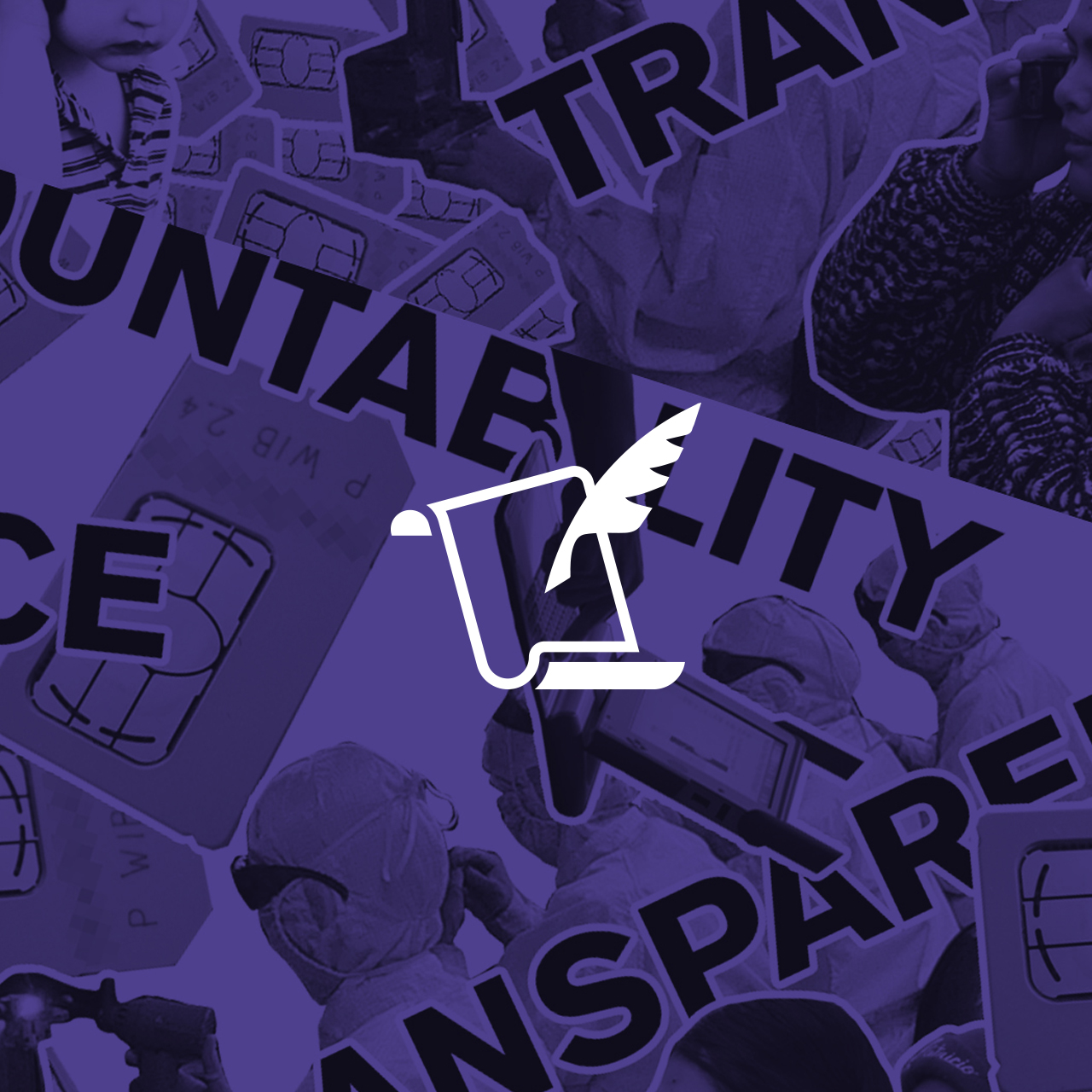
Last week, we gave an overview of what will happen at RightsCon — our signature conference featuring digital rights activists, companies, government officials, technologists, and academics. Together with our co-hosts Engage Media and the Foundation for Media Alternatives, we’ll gather in the Philippines to tackle the most pressing issues affecting digital rights and the open internet on March 24 and 25.
One of the things that makes RightsCon unique is that we actively invite numerous stakeholders to the table, and this includes representatives from internet pioneers such as Google, Facebook, Yahoo!, LinkedIn, Twitter, Microsoft, and also telcos from around the world including Telenor and Smart.
Why do we invite companies to join us? Because businesses impact human rights. On the internet, their operations affect the rights to free expression and privacy at an unprecedented scale. For example, a “real name” policy has the potential to expose LGBT activists all around the world, many of whom survive on anonymity. Retaining user data can enable governments to spy on their citizens. And telcos that shut down their networks can allow governments to perpetrate human rights abuses while suppressing dissent.
Today, businesses have a responsibility to respect human rights and to provide access to an effective remedy. These simple but powerful ideas were captured in the United Nations “Protect, Respect, and Remedy” Framework developed by Professor John Ruggie, and they represent a giant leap forward in our understanding of human rights law. The Ruggie Principles have three core precepts: (1) The state has a duty to protect against human rights abuses by third parties, including businesses; (2) businesses have a responsibility to respect human rights and to act with due diligence to avoid infringing rights; and (3) victims of human rights abuses need greater access to effective remedies, and both states and companies have an obligation to provide them.
The Ruggie Principles, and the evolving understanding of how they are implemented, are essential because the founding instruments of the global human rights framework never mention corporations explicitly, and instead describe the duties of governments. Yet the past 50 years have shown, time and again, that multinational and domestic companies have the power to make decisions that both benefit and violate human rights.
Companies no longer have excuses for abusing human rights. RightsCon is designed to address the gap in responsibility that previously allowed both states and companies to blame each other rather than proactively protect human rights and provide restorative justice for victims. Startups, too, must now incorporate human rights considerations into their core designs and operations. They can’t start thinking about human rights once they begin to scale — by then it may already be too late. There will be sessions at RightsCon addressing this dynamic of the tech sector.
We should applaud the more than 50 companies that are coming to RightsCon. By connecting billions of citizens in an unprecedented manner, the tech sector has enabled the enjoyment of rights to a degree never imagined before. At the same time, by opting to attend, tech company representatives know they will be questioned and challenged on their policies and practices. If companies (present or otherwise) are violating human rights in practice or policy, attendees will call them out on it, and they should. From online censorship, to the targeting of individuals for their views online, to data privacy — the stakes are just too high for the future of our societies to do anything less. Our experience is that such dialogue at RightsCon can lead to both greater protection for activists as well as greater understanding by the tech companies. At the same time, the conference program will highlight companies that have built a track record of protecting human rights online and standing up for their users, and will encourage others to follow in their footsteps.
RightsCon provides all stakeholders with an opportunity to move from merely identifying our digital problems to actively, and collaboratively, searching out solutions. It is my experience that we have won many of our digital rights victories when activists, champions within governments, and select representatives of the private sector unite to campaign against bad laws and practices. At times we need the power of all stakeholders to unite to defend our digital rights. And at other times, companies need to withdraw from the conversation, understanding that political processes and democratic frameworks are about relationships between citizens and the state, absent the private sector.
Some of the corporations attending RightsCon are also its supporters. We’re extremely grateful for their contributions — which, together with the generous support from foundations and nonprofits, help make the conference happen — but we do not accord any special treatment to our donors, corporate or otherwise.
When engaging with tech companies, all RightsCon attendees should remember that many companies won’t be attending — but they really should — and we hope participants will encourage others to join us in the years to come.
At RightsCon, we have a real opportunity to help shape our digital future for users in the region and beyond. We look forward to seeing you in Manila on March 24th.
A limited number of tickets are still available here.
